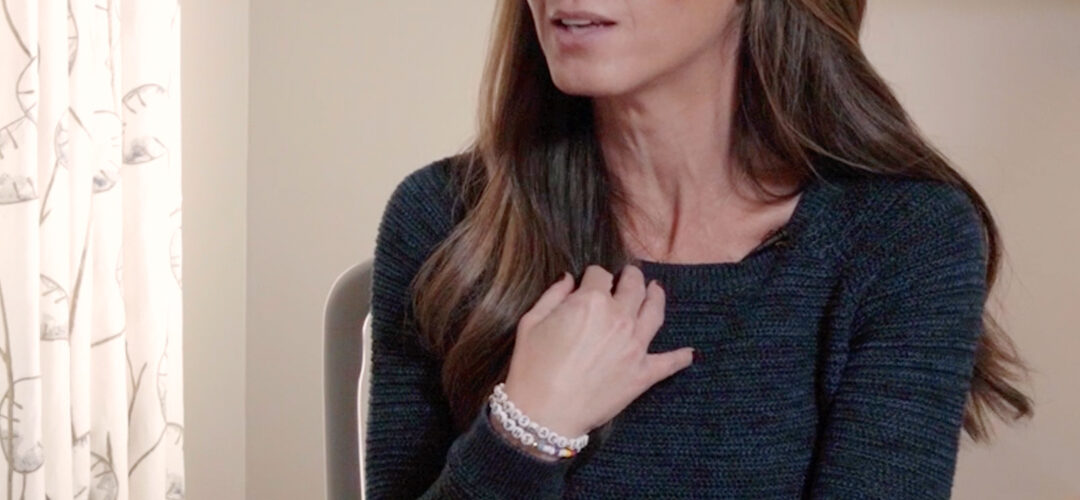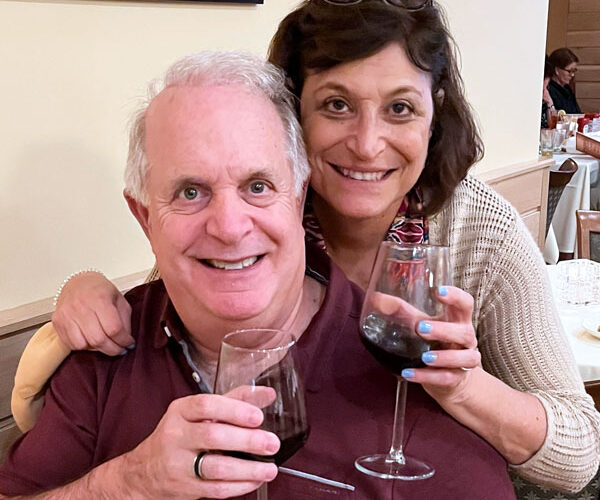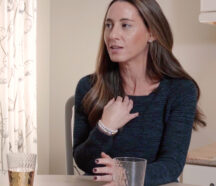By Susan Kurlander, M.Ed., Health Educator for Jewish Community Services’ Prevention Education
Empowering our Daughters
My friend, the parent of a first grader, knew what to expect when she attended an IEP (Individualized Education Program) meeting at her daughter’s school. A team of school staff would discuss her daughter’s progress and update her on any additional plans.
What she wasn’t expecting was for the speech therapist to say she planned to work with her daughter on how to advocate for herself. The therapist added that it is important, especially for a girl, to be able to articulate her needs and to expect action would be taken to meet them, if possible.
My friend immediately thought back to her own childhood when, as a 6-year-old, she wanted to play the drums at school. The band teacher told her mother that, “Girls don’t play drums,” and sent her home with a clarinet. Self-advocacy or even her mother’s advocacy, was nowhere on the radar.
Yes, we’ve come a long way especially in the opportunities for girls and women to be successful in mostly male-dominated fields:
Our past election marked the first time a woman was a contender for the Presidency of the U.S.
A record number of women are serving in the 116th Congress.
Three women currently sit on the U.S. Supreme Court.
A woman recently became the head of a major network television station.
The Association of American Medical Colleges reports, for the first time, more women than men have enrolled in U.S. medical schools.
A woman recently became the first female to officiate an NFL playoff game.
The Orioles head groundskeeper at Camden Yards is, you guessed it, a woman.
Should we rest on our laurels and hope that our young girls will feel empowered enough to have equal footing in any area they choose? Will they automatically absorb, through osmosis, the characteristics and skills needed to attain success in whatever is most important to them?
The answer is no. In fact, thinking that way is not only risky, but potentially self-defeating. For young girls to become the best of who they are requires effort and an awareness of what it takes to maximize their strengths and understand their limitations.
Parents – mothers and fathers – can be a critical guiding force in helping their daughters become empowered young women.
* Check in with them about their feelings.
Are they happy when they get a good grade on a test or happier when they win first prize in the art contest? Do they like reading books about animals or would they rather ride their bikes? Encourage them to find their “spark” – that interest that helps them feel good about themselves.
* Teach them to learn from their failures.
They don’t need to be perfect or even always successful, but if they stay fixated on what went wrong, they won’t tap into an inner stamina which can move them forward. Focus more on the progress that’s been made, and less on what wasn’t accomplished. Parents can be instrumental in modeling how they handle drawbacks and obstacles.
* Identify words.
As adults, it isn’t always easy for us to be direct in what we say or in the actions we choose. How much harder, then, for a child to make sure her teacher understands that she needs help with math. Sometimes, putting the words in a question rather than a statement is easier. Saying, “I can’t do the math problems, so I didn’t finish the work” could be rephrased to “Could you please help me understand the math problems?”
* Discourage self-deprecation.
Even at a young age, girls are afraid that if they own their strengths and successes, they will be perceived as bragging or deliberately making others feel bad. When complimented, we often hear women say, “It was nothing” or “Anyone can do that.” We want girls to understand that they should be proud of any efforts they make to reach their goals and not apologize or minimize what it took to get there.
* Model acceptance.
Embracing differences is pivotal in raising girls’ awareness of how to make the most of what they’ve been given. Whether physical, intellectual or emotional, if we can learn to accept who we are, we can feel empowered to use those differences to our advantage.
* Encourage problem-solving.
My adult daughter struggled for a long time about a work situation in which her boss did not show the professional integrity that was necessary in a corporate workplace. She was distressed enough to consider looking for another job, but then decided to self-advocate so that she could be moved to a different work environment within the same company. She had to rely on her own problem-solving abilities along with her self-advocacy skills to make the situation one with which she could live and continue to grow professionally.
* Get them involved.
Find groups like Girl Scouts or Girls on the Run through which young girls can pursue their interests and are surrounded by other people, both peers and adults, who exemplify empowerment and encourage their growth.
Empowering our girls while they’re young makes sense for everyone. Giving them the tools to be the best they can be allows them to pass those skills down to their daughters and their sons, creating a stronger future for all.
How fortunate for my friend’s daughter that even at age 6, that awareness is being put into motion for her, thanks to one very caring speech therapist at her school.
Because children don’t come with an instruction manual, JCS, an agency of The Associated, offers a variety of programs, services, education and support for parents and families with children of all ages. Click here or call 410-466-9200 to learn more.
Subscribe to our newsletter
The Associated is a home for everyone in the Baltimore Jewish community. We offer several email lists to help people find a community, engage with their peers and support Jewish journeys around the world.
Join Our Mailing ListAdd Impact to Your Inbox
Sign up for our newsletter
Subscribe to our newsletter
The Associated is a home for everyone in the Baltimore Jewish community. We offer several email lists to help people find a community, engage with their peers and support Jewish journeys around the world.
Join Our Mailing List









 Please Wait while we loading your video.
Please Wait while we loading your video.